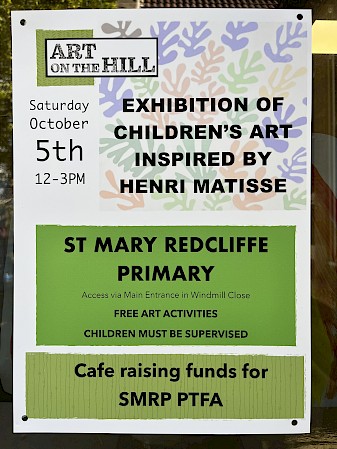Geography and International
Intent
- Motivate our children to find out about the diverse world we live in, make comparisons and recognize the importance of sustainable development and their responsibility for future generations.
- Gain an understanding of locational and place knowledge, human and physical geography and geographical skills and fieldwork.
- Provide a broad study of geography throughout their time at SMRP.
- Support and inspire children to develop an appreciation of life in other cultures.
- Provide opportunities to apply skills and knowledge through practical fieldwork.
- Ensure the curriculum is relevant, exciting and meaningful for our children, bringing the subject to life.
- Inspire all children about the world and their identity within it.
Implementation
We use the National Curriculum for Geography as the basis for our curriculum planning. We have 6 whole school topics throughout the year in which at least two are geography focused ‘Our Wonderful World’ and ‘A Sustainable Future’.
A whole school progression document for knowledge and vocabulary maps out each term’s learning including locational knowledge and geographical skills and fieldwork progression. This ensures our children continual build upon previous knowledge and develop a broad geographical skill set.
We aim for every child to have the opportunity to take part in fieldwork, which may include: questionnaires, field sketching, photos, video/audio recording and measurement. Map work skills will include using and interpreting, position and orientation, drawing, symbols, perspectives/scale and digital map.
Through the effective teaching of Geography, we aim for our children to:
- Know where they live in comparison to other places in the UK and wider world.
- Be able to identify and describe the differences and similarities between different cultures within the world.
- Become appreciative and respectful of different cultures by developing a good understanding of cultural diversity.
- Understand and recognise human and physical features of different locations.
- Encouraged to commitment to sustainable development and appreciate what ‘global citizenship’ means.
- Know and understand environmental problems at a local, regional and global level.
- Be able to use geographical skills to collect and communicate information including drawing and interpreting maps.
- To know and understand geographical vocabulary linked to their learning
The school is linked with Child of Hope School in Uganda. SMRP school received the Foundation International Award in 2016 and the Intermediate International Award in 2020. See our 'Link School' page for more information.
Linking Network:
Year 5 take part in The Linking Network which helps schools and communities to develop a positive, cohesive ethos by helping children, young people and adults to explore identity, celebrate diversity, promote community and champion equality.
The Linking Network takes as its starting point the need for us all to develop the skills of dialogue, to be able to communicate across real or perceived boundaries, and to develop a vocabulary of shared humanity.
We use four Key Questions to structure the Linking work:
- Who am I? – creating opportunities to explore the multiple aspects of identity including faith and belief
- Who are we? – celebrating diversity, including similarity and difference
- Where do we live? – promoting community, understanding locality and developing a sense of belonging for all locally, nationally, globally
- How do we live together? – championing equality, challenging prejudice in all its forms and promoting active citizenship
